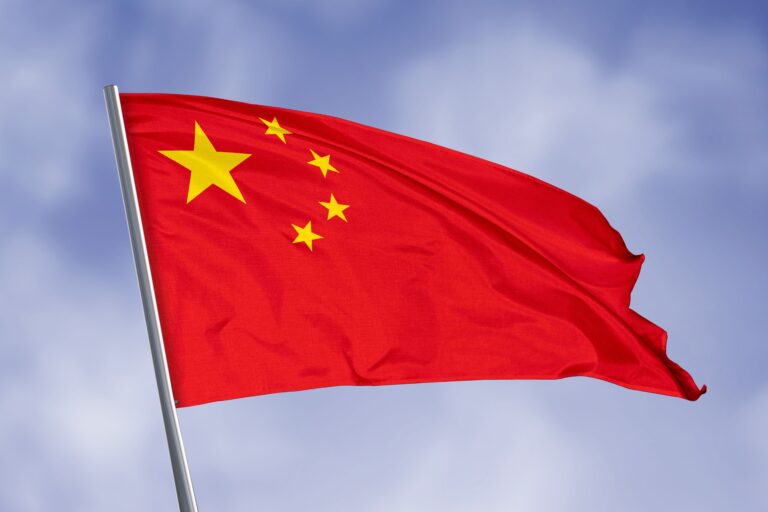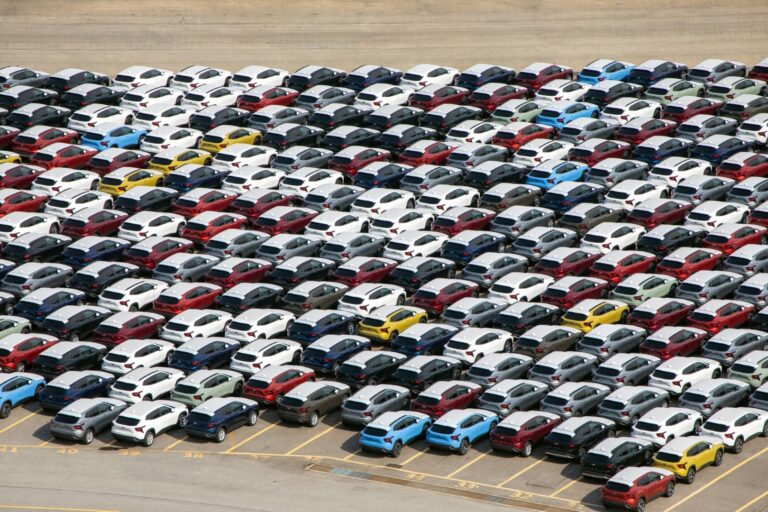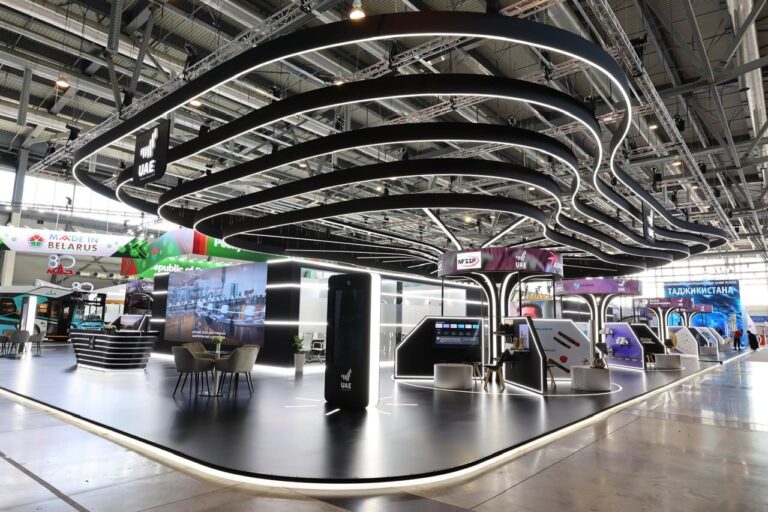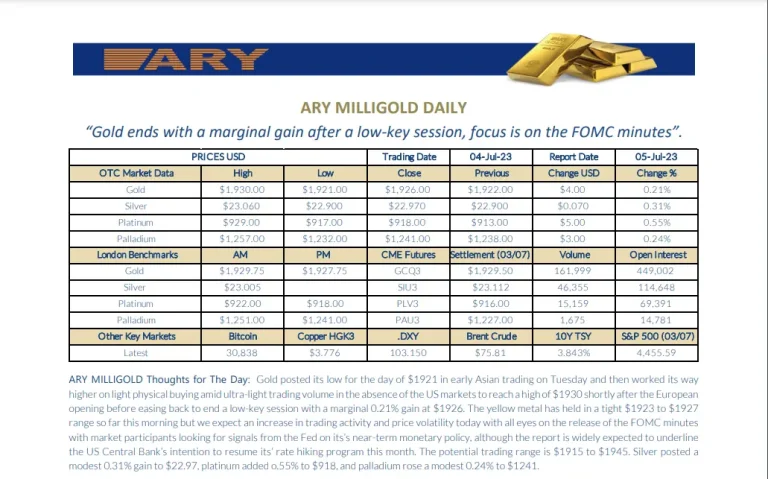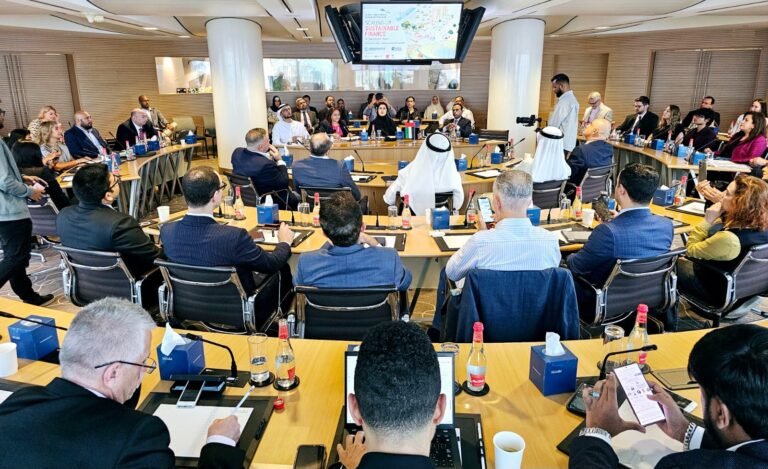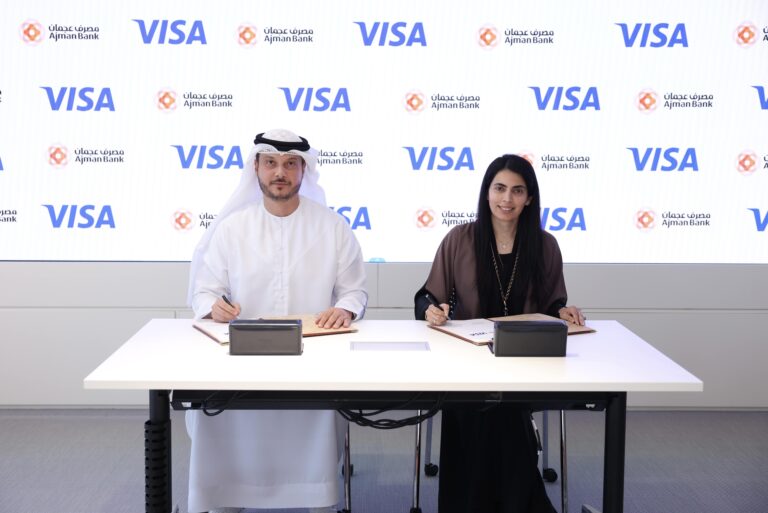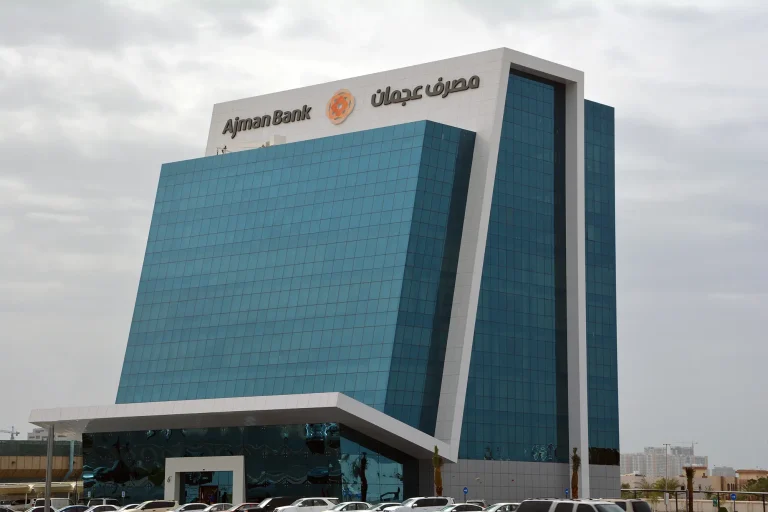News Highlights:
1. Investment in green projects coupled with sustainable finance could help the GCC countries to unlock up to US$2 trillion (Dh7.3 trillion) in GDP contribution by 2030;
2. Increasing recycling rates in the GCC to an achievable 40 percent would create about 50,000 new jobs to support a US$6 billion market;
3. Globally, an estimated investment of US$4.2 trillion per annum is required to meet the UN Sustainable Development Goals (SDGs). This looks achievable because the total financial assets industry is at US$379 trillion.
4. By End-2022, the global investments in sustainable assets touched US$30.3 trillion with non-US markets showing 20 percent growth in assets.
Investment in green projects coupled with sustainable finance could help the GCC countries to unlock up to US$2 trillion (Dh7.3 trillion) in GDP contribution by 2030, if investment opportunities are tapped across key industries, according to a recent report by Strategy& that recommends the GCC governments to open up the region’s capital markets to help accelerate investment in sustainable projects.
Today, GCC countries recycle, reuse, or recover only around 10 percent of plastic and metal waste, resulting in significant waste. Increasing recycling rates in the GCC to an achievable 40 percent would create about 50,000 new jobs to support a US$6 billion market, the report says.
Experts at the first conference on ‘Is Investing in Sustainability Economically Viable?’ said, it is not only viable and profitable, but will unlock a huge potential for the region’s economy, going forward. Organised by Dubai Stockbrokers and Investment Services Group (DSIG) and held at the Dubai Chambers,speakers at the seminar urged all industry stakeholders to work closely to unlock this huge potential that will be a game-changer for the GCC countries and help them in their transformational journey from hydrocarbon-dependent economy to a more sustainable economy.
“Increased investment in green projects, sustainable finance such as Green Bond, Green Sukuk or even Green Sovereign Wealth Funds will help the green economy to flourish and help the region to double the GDP by 2030,” Sameera Fernandes, Chairwoman of DSIG and Chief Sustainability Officer and Board Member of Century Financial, told delegates at the seminar.
“These will help accelerate the growth of the green economy and help our economies to become more climate resilient and sustainable. As DSIG Chair, I urge all stakeholders to work together to find ways to increase investment in sustainable projects and help our world become a better place to live and breathe in and we need to do this for our future generation to ensure a pollution-free and a carbon-neutral world.
“As the report suggests and I quote, the GCC governments need to continue opening up and strengthening the region’s capital markets that are relatively underdeveloped. Building up these capital markets will allow investors to exit successful investments easily. In addition, it will help investors access GCC funds, such as those held by high-net-worth individuals and families.”
Green finance represents a significant, and currently untapped, opportunity for the countries of the Middle East, in particular the GCC countries, which have well-developed capital markets. Investors around the world are pouring capital into projects with a strong environmental, social, and governance (ESG) angle, precisely the area in which the GCC countries have an advantage because of their abundant and low-cost renewable energy, according to the latest report by Strategy&, part of PriceWaterhouseCoopers (PWC).
“We looked at six major non-oil sectors in the GCC to quantify the benefits of green investing in terms of economic diversification and growth. These were agriculture and food, construction, power, transport, water, and waste management. We estimate that the cumulative GDP contribution of these sectors can reach US$2 trillion through 2030. With the expansion of these sectors, we estimate the GCC countries could add over 1 million jobs by 2030,” the report says.
“To capitalise on this opportunity, and continue the process of diversifying regional economies away from fossil fuel–based industries, governments in the region need to focus on four priorities: promoting environmental sustainability; creating a green sovereign wealth fund; strengthening capital markets; and developing standard and transparent reporting mechanisms for environmental performance.”
For example, in the agriculture and food sector, governments can take steps to restructure supply chains, safeguard imports, and make the overall sector more sustainable — a critical need following the COVID-19 pandemic.
“Investors in the sector can expect healthy operating margins of above 15 percent in various opportunities across the value chain, such as waste electrical and electronic equipment recycling, plastics and packaging recycling, secondary metal semi-finished producers, or car spare parts manufacturing,” the report says.
Green hydrogen is a clear opportunity. Production technology for green hydrogen is easily accessible, reducing the barriers to entry. According to its global supply and demand analysis, exporting countries can potentially capture a market of approximately 200 million tonnes of green hydrogen by 2050, worth US$300 billion yearly. The green hydrogen export market can also create up to 400,000 operations and maintenance jobs.
The UAE has been a pioneer in sustainable finance in the GCC region, marked by the Dubai and Abu Dhabi Sustainable Finance Declarations in 2019, as well as the publication of its first guiding principles on sustainable finance in January 2020. The UAE Sustainable Finance Framework 2021-2031 has set a common national agenda for sustainable finance, while ADGM and DIFC have collaborated with global organisations to provide training programs for finance professionals.
UAE was the first government within the region to commit to a net-zero emission objective with substantial initiatives, including mandating ESG reporting from publicly traded corporations. Recently, Abu Dhabi’s sovereign wealth fund, Mubadala, established an independent ESG business and Dubai’s Emirates NBD raised US$1.75 billion in the Gulf region’s first sustainability-linked loan. Additionally, Masdar Green is issuing green bonds to facilitate sustainable asset development for Masdar City’s future growth.
Sameera Fernandes said, “The UAE is a pioneer in green economy in the Middle East. Under our wise leadership, we have undertaken a number of green projects that are currently giving economic dividends, such as establishment of a number of solar power parks, nuclear power plants that have reduced our dependence on fossil fuels.
“Under the Green Economy for Sustainable Development initiative, our country seeks to become a global hub and a successful model of the new green economy. With innovative projects such as the Masdar City and the Sustainability City, the UAE aims to become one of the world leaders in sustainability as well as a centre for the export and re-export of green products and technologies, and to maintain a sustainable environment to support long-term economic growth while protecting the environment.”
The financial sector is a significant contributor to the GDP of the GCC countries. This presents an opportunity to accelerate the adoption of sustainable finance practices in the region. According to the World Bank, the GCC countries have made significant progress in developing sustainable finance frameworks, with a focus on promoting sustainable investments, supporting green projects, and encouraging sustainable financial institutions.
Such projects include developing sustainable cities powered by renewable energy, such as NEOM in Saudi Arabia, facilitating carbon-neutral urban development projects such as Masdar City in UAE, and diversifying energy sources to reduce the carbon footprint across all GCC nations. The GCC countries have adopted various policies and regulations to support sustainable finance, including guidelines for green bonds, environmental risk assessments for financing, and sustainability reporting requirements for companies.
Specifically, green finance is experiencing a surge in popularity in the GCC, as evidenced by the record high total value of over US$8.5 billion in green and sustainable bonds and Sukuk issuance in 2022, compared to just US$605 million in 2021.
Fadi Alfaris, CEO at NZE Solutions, The Sustainable City part of SEE Holding, says, “While the public sector is leading in sustainable project, we, at SEE Holding, has also delivered the region’s first Sustainable City – a low-carbon mixed-use master-planned project in Dubai that has become a benchmark development that we are now replicating in other parts of the region.
“We are greatly encouraged by the vision of the UAE leadership in supporting and facilitating environmentally-friendly and sustainable projects that will help use develop a clean, green and sustainable world for the next generation.”
Globally, an estimated investment of US4.2 trillion per annum is required to meet the Sustainable Development Goals (SDGs) as laid down by the UN. This looks achievable because the total financial assets industry (banks, asset managers and institutional investors) is at US$379 trillion.
By end-2022, the global investments in sustainable assets touched US$30.3 trillion with non-US markets showing 20 percent growth in assets. There is surely a long way to go on a path already laid down, but sustainable investments are a force that capital markets cannot ignore, and the industry is showing signs of strength every year.
The total value of sustainable investment products, encompassing bonds and funds, reached more than US$7 trillion in 2023, a 20 per cent increase from 2022, according to the latest World Investment Report 2024 published by the United Nations on June 30 this year. The sustainable finance market continues to grow, it shows.
“Although the picture is nuanced, the overall positive trend in the sustainable finance market points to continued investor confidence and the resilience of sustainable investment strategies,” the World Investment Report says. “Sustainable bonds were the main driver of growth in sustainable capital market products. Issuance climbed to US$872 billion, a 3 per cent rise from 2022, bringing the cumulative value of the market since 2018 to more than US$4 trillion.
“Despite continued growth in number and asset value, though, sustainable funds experienced strong headwinds in 2023. Net inflows dropped from US$161 billion in 2022 to US$63 billion in 2023. Greenwashing remains the most significant challenge to the sustainable fund market,” it said.
The Dubai Stockbrokers and Investment Services Group (DSIG) is one of the 105 Business Groups and more than 50 Business Councils that operate under the umbrella of Dubai Chamber of Commerce, one of the three chambers under Dubai Chambers. Sector-specific Business Groups and country-specific Business Councils advance the interests of Dubai’s dynamic business community, empowering companies to explore greater economic opportunities in the UAE and beyond – and play a greater role in the global economy.
The launch of the DSIG comes when the market capitalisation of Arab stock exchanges exceeded US$4.36 trillion at the end of April 2024, according to the Arab Monetary Fund (AMF). Data from the Abu Dhabi and Dubai markets shows that institutional investors had purchased Dh302.7 billion worth of stocks from January to December 2023, compared to total sales of approximately Dh295.8 billion.
Stockbrokers, investment advisors, fund managers, wealth managers and private equity managers play a significant role in the growth of the stock market and the overall economy. DSIG acts as a platform for secured investment. Coupled with innovation and sustainability, the Business Group will not only implement ideas, but also empower people through its educational programmes. Poised to become the leading business group in the Middle East, DSIG is committed to facilitate more cross-border investments and market expansion.
Ends
Editors’ Notes
About Dubai Stockbrokers and Investment Services Group (DSIG)
Dubai Stockbrokers and Investment Services Group (DSIG) is one of the 105 Business Groups launched by Dubai Chambers to represent and organise the emirate’s stockbrokers and investment community to play a greater role in attracting foreign investment into the UAE economy. DSIG represents the UAE’s stockbrokers who contribute to the US$3.92 trillion market capitalisation of the UAE bourses.
DSIG acts as a platform for secured investment. Coupled with innovation and sustainability, the association will not only implement ideas, but also empower people through its educational programmes. Poised to become the leading business group in the Middle East, DSIG is committed to facilitate more cross-border investments and market expansion.
Press Contact
Sameera Fernandes
Chairperson of Dubai Stockbrokers and Investment Services Group
PO Box : 65777, Dubai, UAE
Tel : +9714 3562800
Cell : +971508194335
Email : sameera.f@century.ae

